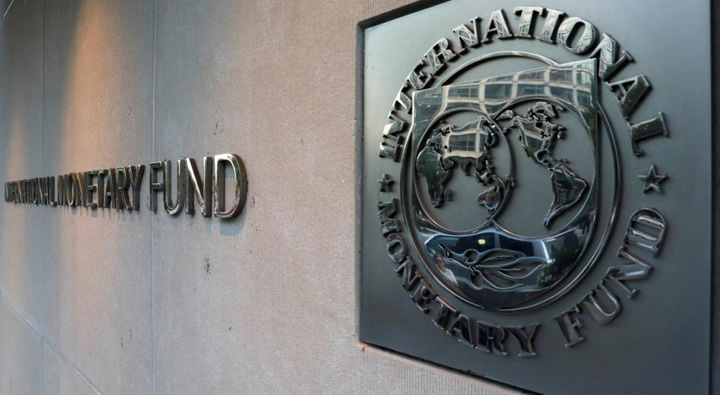
IMF
IMF Warns Nigeria’s Economy at Risk from Oil Price Volatility, Urges Structural Reforms
The Managing Director of the International Monetary Fund (IMF), Kristalina Georgieva, has warned that global oil price instability will significantly impact Nigeria’s economy, both directly and indirectly, just as it affects other emerging markets.
Speaking at the IMF’s 2025 Global Policy Agenda briefing on Thursday, Georgieva highlighted key policy challenges facing member nations and outlined the IMF’s role in addressing them. She noted that Nigeria’s economic growth forecast for 2025 has been downgraded to 3%, citing persistent inflation, reduced consumer spending power, and declining crude oil prices.
According to her, Nigeria’s economic stability is increasingly threatened by domestic structural weaknesses and external pressures, including U.S.-driven trade tensions and protectionist policies that are stifling global trade and investment.
Georgieva described the IMF’s revised growth projection as unsurprising, given Nigeria’s reliance on oil revenues and broader global economic uncertainties.
She urged the Nigerian government to implement urgent structural reforms, diversify the economy, and boost non-oil revenue streams to strengthen resilience and foster sustainable growth.
She identified the recent slump in global crude oil prices as a major drag on Nigeria’s economic performance but emphasized that the country—along with other African nations—holds significant untapped potential.
“As an oil-dependent economy, Nigeria’s foreign exchange earnings and government revenues are closely tied to fluctuations in the global oil market,” she said.
“The sharp drop in crude prices directly impacts Nigeria’s ability to secure foreign exchange, finance imports, stabilize the naira, and meet fiscal obligations.”
The IMF chief also pointed to new U.S. tariffs and retaliatory trade measures as factors contributing to lowered GDP forecasts worldwide.
“These policies are expected to disrupt global trade, and Nigeria, as part of the interconnected global economy, will inevitably feel the effects,” she added.
Georgieva stressed that Nigeria’s economic trajectory will depend on both domestic policy decisions and the global economy’s ability to navigate geopolitical and trade shifts. She called for accelerated reforms in energy, trade facilitation, infrastructure, and private sector investment to revive growth.
“Nigeria must enhance economic diversification, strengthen non-oil revenue sources, and improve the business environment to withstand external shocks,” she said.
“Achieving the 7% growth rate needed to reduce poverty and unemployment will require bold, sustained reforms.”
She cautioned, however, that weakening global demand, trade restrictions, and reduced investor confidence could further strain Nigeria’s exports and capital inflows—critical drivers for emerging markets.
The IMF’s outlook underscores the need for proactive measures to mitigate these risks and stabilize the economy.
